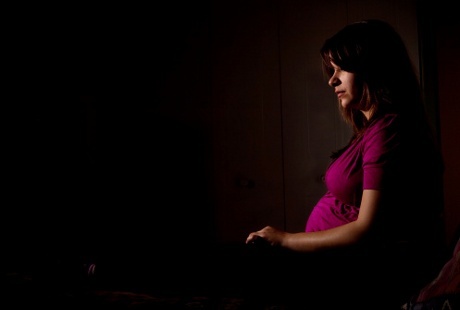 |
| Morning Sickness in the Second Trimester of pregnancy more risky Against Complications |
jakarta, pregnant women who are experiencing severe morning sickness is known to have a higher risk of pregnancy complications. the risk will also increase if morning sickness persisted until the second trimester of pregnancy.a study showed that women who keep having morning sickness until the second trimester of pregnancy, 2 times more likely to develop developpreeclampsia and 1.4 times more likely to give birth to babies with low birth weight. the second trimester of pregnancy is defined as gestational age between 12 to 21 weeks.the study was conducted by scientists in sweden against pregnant women who are hospitalized due to severe morning sickness, called hiperemesis gravidarum.hiperemesis gravidarum became international news last month when kate middleton, royal son-in-law the united kingdom underwent hospitalization during 4 days in the hospital because of the condition. last week, united kingdom media reported that middleton was undergoing hypnotherapy to overcome hiperemesis gravidarum.severe morning sickness can cause malnutrition and dehydration in pregnant women and has previously been linked to preterm birth. most pregnant women can experience nausea and vomiting in early pregnancy and will usually subside after a gestational age 10 to 16 weeks."if morning sickness is still goes up to more than 16 to 21 weeks, you must be alert and immediately seek medical assistance," said marie bolin, leader of the research from uppsala university's department of women's and children's health.severe morning sickness was allegedly caused by high levels of the hormone human chorionic gonadotropin (hcg), produced by the placenta and produced mainly during the first trimester of pregnancy. hcg levels are high during the second trimester may indicate the formation of abnormal placentas.the study published in the journal bjog: an international journal of obstetrics and gynaecolody on january 30, yesterday, as reported by foxnews, thursday (29/1/2013).(vit/vit )
Translate from: health.detik.com
Tidak ada komentar:
Posting Komentar